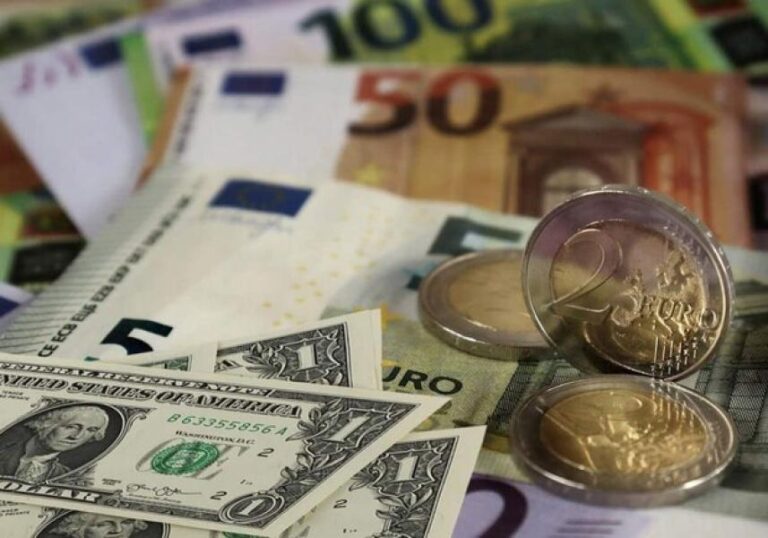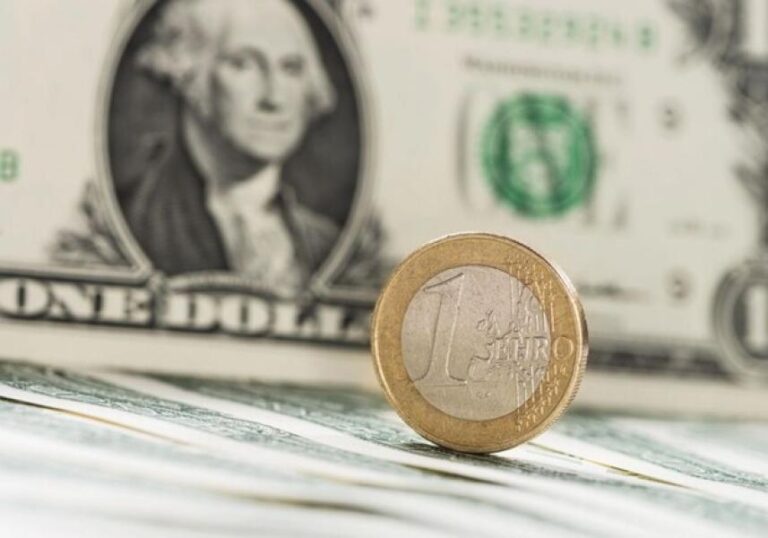Flight MH17 disaster: Russia scorns ‘political’ murder trial
BBC News, Moscow
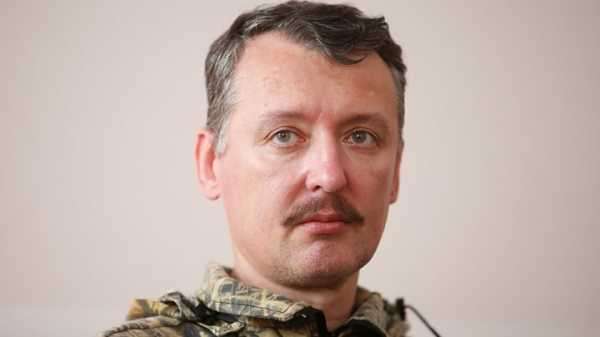
Investigative journalist Roman Dobrokhotov has spent more than five years researching the shooting down of Malaysian Airlines Flight 17, which killed 298 people in 2014.
“I think there are not so many things in the world that are proven better than that Russia is responsible for shooting down MH17,” Roman tells me. “We have photos, we have audio recordings of telephone calls, we have witnesses, we have interviews with people who were on the ground.”
The trial of four suspects – three Russian men and a Ukrainian man, all ex-security officers – opened in the Netherlands on Monday. Most of the MH17 victims were Dutch.
The Dutch-led Joint Investigation Team (JIT) says it has proof that the missile system used to shoot down the Malaysian Boeing 777 over eastern Ukraine came from a military base in neighbouring Russia.
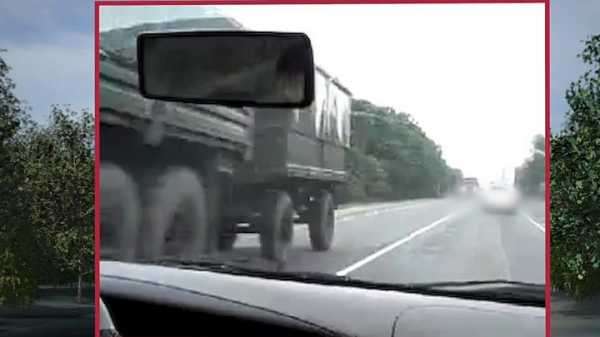
But Moscow continues to reject all the evidence presented thus far, including photos, videos, intercepted telephone calls and social media posts that appear to link the Buk launcher to Russia, and the pro-Moscow separatists in eastern Ukraine to the Russian state.
Russian officials dismiss the MH17 trial as “political”.
All four accused are still at large. They are: Igor Girkin (ex-FSB colonel); Sergei Dubinsky (ex-GRU); Oleg Pulatov (ex-GRU) and Leonid Kharchenko (Ukrainian, ex-rebel commander), the indictment says.
“We are watching, we are hearing that those who are guilty have already been nominated,” foreign ministry spokesperson Maria Zakharova tells me. “We are watching the situation when the media is used as a weapon in the battle. It’s a real pressure on the court.”
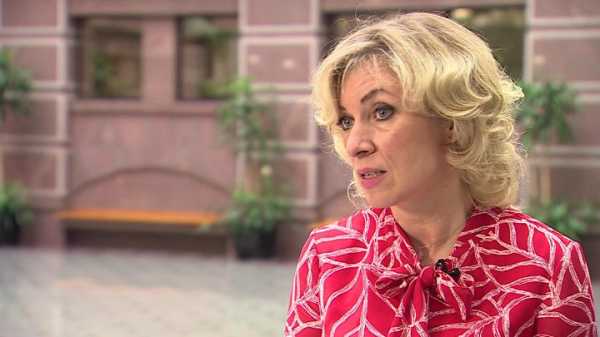
Ms Zakharova denied reports that Russia had refused to co-operate with the international investigation.
“We sent lots of materials upon their request on different issues. We answered all the questions. Probably not all the questions. I cannot be that precise. But mostly.”
Since 2014, state media in Russia have spread a number of conspiracy theories about MH17, including that the plane was shot down by a Ukrainian fighter jet, or by a Ukrainian missile. The JIT has disproved such allegations.
“The Russian authorities are trying to create a situation where the information space is full of noise with all these fakes, disinformation and conspiracy theories,” Roman Dobrokhotov believes.
“A normal person fails to find truth in this noise and decides it is impossible, that there is no reason even to try to look for truth there, because we will never know it.”
For the Russian state, denial has become the most common response to incoming accusations. And in recent years there have been plenty of those, including of election meddling, hacking, the Salisbury poisoning and of Russian troop deployments to eastern Ukraine.
“Why does Russia never admit to anything?” I ask state TV talk show host Vladimir Solovyov.
“That’s easy, you never have evidence,” he replies. “And you’ve always been accusing Russia, going back to the 19th Century. At the same time, you never admit your own faults.”
“Doesn’t it worry you that your country has developed a reputation for being a global denier or liar?” I ask.
“Definitely not. Are you the one that is always trying to tell the truth? Are you talking about Boris Johnson? Is he the most truthful person in the world? Are you pulling my leg? Come on. Wake up!”
“You keep talking and keep talking on issues you cannot prove,” Maria Zakharova accuses me. “And you’re doing that on purpose. You’re shaping the perception that Russia is guilty. That’s propaganda. I’m sorry. You are a piece of propaganda.”
Referring to the March 2018 Salisbury poisoning, Ms Zakharova complains that “Russian citizens were accused publicly” of trying to kill the Skripals “with no evidence – how can you do this to them?”
“You mean those two people who claimed to be tourists, but were [Russian] GRU agents?” I ask.
“We’re not talking about what organisation they belonged to,” she replies. “How are those two guys connected to what happened to the Skripals? Probably they were near this place. Probably they touched something. Probably they – I don’t know – gave him some medicine. What happened? Can you tell me?”
Does denying everything have political consequences?
“Russia is getting away with it,” concludes political scientist Andrei Zubov. He points out that Western leaders are still happy “to work with Putin, out of profit.
“It’s useful for Britain, America and Germany to have some political and economic contacts with Russia.”
In Russia many people do not care enough to question the official version of events.
“There are some people who are interested in facts and they can find the truth,” journalist Roman Dobrokhotov tells me. “But there are others who are not really that motivated to find the truth. Of course it is easier to manipulate them with instruments, like trolls, hackers, and fake news.”
Source: www.bbc.com

